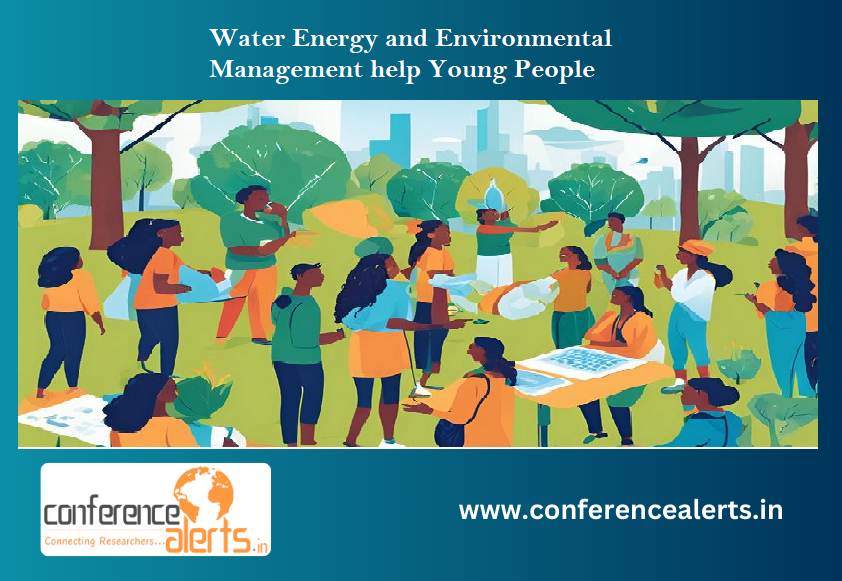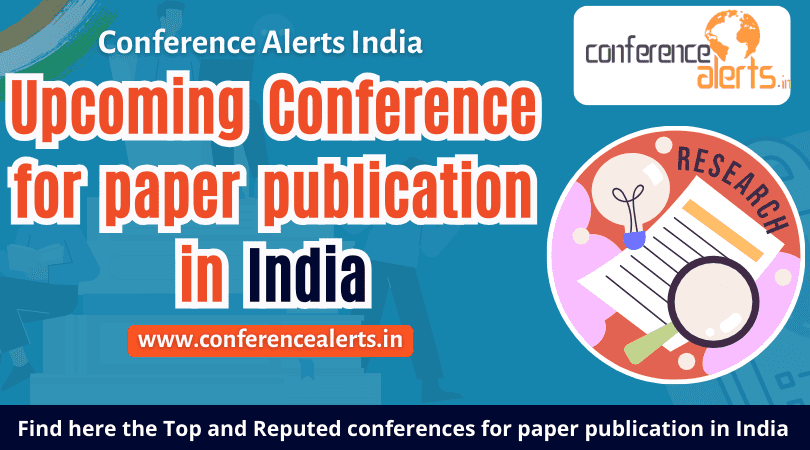When organizing an event, the goal is always to create a meaningful and memorable experience for attendees. While logistics, location, and planning are all important, nothing resonates more strongly than the message and energy delivered by the keynote speaker.
Keynote Speakers are not only presenters; they are visionaries, motivators, and thought leaders who inspire audiences at conferences while shaping the identity of the entire event. Their speeches set the tone, define the theme, and help attendees connect emotionally with the purpose of the gathering.
Here know in detail why keynote speakers are so vital, the qualities that make them exceptional, how to select the right one, and the long-lasting benefits they bring to different types of events.
Who Are Keynote Speakers and Why Are They Important?
A keynote speaker is carefully chosen to deliver the “main address” of an event. This is usually either the opening or closing session that captures the theme and energizes the audience. Unlike other speakers who may focus on niche topics, keynote speakers are expected to provide a broad vision, unifying message, and compelling delivery that resonates with the entire audience.
Their importance lies in their ability to be both educators and motivators. They distill complex ideas into simple, relatable messages and connect with people on an emotional level. Whether it’s an executive sharing lessons on leadership, an industry expert discussing trends, or a motivational speaker inspiring action, keynote speakers serve as the highlight of an event. Without them, many events would lack the spark and cohesiveness that ties everything together.
How Keynote Speakers Influence Event Success
Keynote speakers play a transformative role in the overall success of an event. Their impact can be felt in multiple ways:
- Setting the Tone: A powerful keynote speech sets the emotional and intellectual mood for the event. The opening keynote generates excitement and anticipation, while a closing keynote reinforces takeaways and ensures attendees leave motivated.
- Inspiring Audiences: Keynote speakers often share personal journeys, success stories, or insights that deeply resonate with listeners. These stories inspire attendees to reflect on their own goals and encourage them to take action.
- Providing Credibility: When events feature renowned keynote speakers, it signals authority and professionalism. The presence of a well-known thought leader can elevate the event’s credibility, attracting more participants.
- Unifying the Message: In multi-session events, it’s easy for attendees to feel disconnected. Keynote speakers bring everyone back to the central theme, making the event feel cohesive.
Ultimately, a keynote speaker’s influence can determine whether attendees leave with just information or with a memorable, life-changing experience.
Qualities of a Great Keynote Speaker
Not all speakers are created equal, and keynote speakers require a unique combination of skills and attributes:
- Exceptional Communication Skills: Great keynote speakers can simplify complex ideas and present them in an engaging manner. They are skilled in pacing, tone, and body language, ensuring the audience is attentive from start to finish.
- Engaging Storytelling: The ability to weave stories into speeches is what separates good speakers from great ones. Stories make abstract concepts relatable and leave a lasting impression.
- Industry Expertise and Authority: Audiences value speakers who are not only charismatic but also knowledgeable. A strong background in their field enhances credibility and makes their advice actionable.
- Charisma and Confidence: A keynote speaker must command the stage. Their presence, delivery, and confidence naturally draw the audience’s focus, creating a connection even with large crowds.
- Adaptability: Every audience is different, and a skilled keynote speaker tailors their message to fit the demographic, the event theme, and even cultural nuances.
When a keynote speaker embodies these qualities, their impact extends far beyond the event itself, often sparking conversations and changes that last for years.
Types of Events That Benefit from Keynote Speakers
Keynote speakers are versatile and can elevate various types of events:
- Corporate Conferences: In business gatherings, keynote speakers inspire employees, engage stakeholders, and reinforce company values. They often motivate teams to work toward shared goals and highlight upcoming opportunities in the industry.
- Educational Seminars: Whether addressing students or professionals, keynote speakers simplify complex ideas and spark curiosity. Their presence can turn a standard seminar into an inspiring learning experience.
- Motivational and Personal Development Events: These events thrive on emotion and connection, and keynote speakers provide the push attendees need to reflect, grow, and act on their ambitions.
- Leadership Summits: By focusing on innovation, collaboration, and forward-thinking, keynote speakers empower leaders to adopt fresh perspectives and drive organizational growth.
- Product Launches: In brand-driven events, keynote speakers can introduce new products with enthusiasm and authority, leaving audiences both excited and informed.
In each scenario, the role of the keynote speaker is to amplify the event’s impact, ensuring it stands out and delivers value.
How to Choose the Right Keynote Speaker for Your Event
Selecting the right keynote speaker is a critical decision that requires careful consideration. Here’s what organizers should focus on:
- Theme Alignment: The speaker’s expertise and message should match the central theme of the event. A mismatch can confuse the audience and dilute the purpose.
- Audience Expectations: Understanding the audience’s demographics, interests, and professional background is essential to choosing a speaker who resonates with them.
- Credibility and Experience: Organizers should review the speaker’s previous performances, testimonials, and industry reputation. A seasoned keynote speaker is more likely to deliver consistently impactful sessions.
- Budget Considerations: While professional keynote speakers may represent a significant investment, their ability to attract attendees and elevate the event often provides a strong return on investment.
- Presentation Style: Some events require a formal expert, while others benefit from a more entertaining, conversational tone. The right style ensures engagement and connection.
By carefully weighing these factors, event organizers can ensure that the keynote speaker they choose contributes meaningfully to the event’s success.
Keynote Speakers vs Guest Speakers: What’s the Difference?
Though often confused, keynote speakers and guest speakers serve different purposes:
- Keynote Speakers: They are responsible for delivering the primary message of the event, usually in opening or closing sessions. Their role is to unify the event around a central theme.
- Guest Speakers: These speakers focus on specialized topics, offering in-depth insights into particular areas of interest. While valuable, their influence is narrower compared to keynote speakers.
Understanding the distinction ensures that organizers assign roles effectively and avoid diluting the impact of the keynote address.
Benefits of Hiring Professional Keynote Speakers
Investing in a professional keynote speaker offers numerous benefits:
- Boosted Audience Engagement: Professionals know how to captivate attention with storytelling, humor, and interactive techniques.
- Enhanced Brand Image: A reputable speaker adds prestige to the event and strengthens the organizer’s brand credibility.
- Long-Term Impact: Great keynote speeches linger in attendees’ minds, motivating them to act, change, or innovate long after the event ends.
- Networking Opportunities: Keynote speeches often spark discussions among participants, creating stronger networking opportunities and collaborations.
- Attracting Attendance: Big-name keynote speakers can serve as a marketing tool, drawing more attendees who want to hear from them.
The right keynote speaker transforms an event into a milestone experience.
Latest Trends in Keynote Speaking
The landscape of keynote speaking has evolved dramatically in recent years. Some current trends include:
- Virtual Keynote Speakers: With the rise of online events, many keynote speakers now deliver impactful addresses remotely, allowing global participation.
- Interactive Sessions: Keynote speeches now often include live Q&A, real-time polls, and multimedia elements to maintain audience engagement.
- Personalization: Audiences expect customized content that directly addresses their challenges and interests rather than generic speeches.
- Technology Integration: Tools like AR, VR, and dynamic visuals are making keynote speeches more immersive and impactful.
- Diversity of Voices: There’s an increasing demand for keynote speakers from diverse backgrounds, bringing fresh perspectives and inclusivity to events.
By embracing these trends, keynote speakers remain relevant and appealing to modern audiences.
Top Mistakes to Avoid When Selecting a Keynote Speaker
Choosing the wrong keynote speaker can undermine an otherwise well-planned event. Common mistakes include:
- Selecting Based on Fame Alone: A celebrity name doesn’t always guarantee alignment with the event’s goals.
- Ignoring Audience Needs: A mismatch between the speaker’s style and the audience’s expectations can lead to disengagement.
- Overspending: While keynote speakers are valuable, overspending can limit resources for other event essentials.
- Failing to Prepare Speakers: Not briefing a keynote speaker on the event’s objectives can result in a disconnected or irrelevant address.
- Last-Minute Booking: Leaving the selection too late reduces options and may compromise quality.
Avoiding these pitfalls ensures that the keynote speech delivers maximum impact.
A strong keynote speech has the power to transform an ordinary event into an extraordinary experience, making keynote speakers the true backbone of event success.




